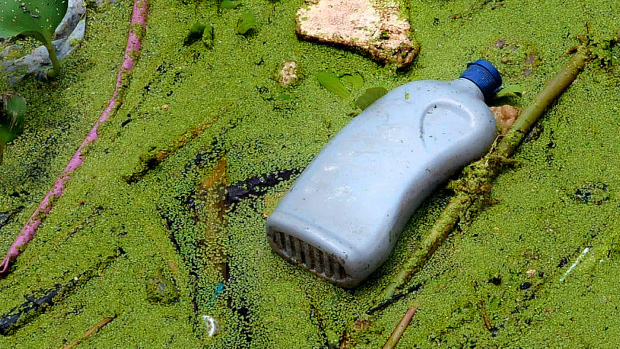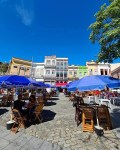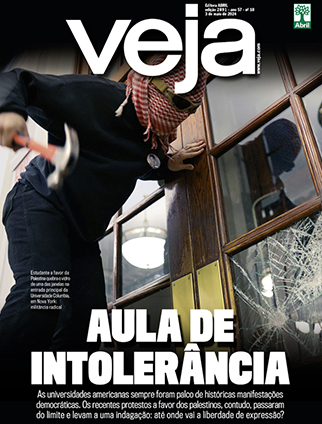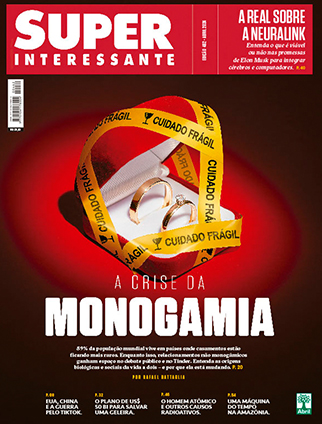How to protect the Amazon
The forest will not be protected through legal hindrances that bar access of foreigners to the collection of scientific material — today, the one who actually knows is the one who owns by right


» Learn how to download the complete edition here
The uti possidetis – a Roman principle of private law meaning “those who have actually possessed shall possess by right” – was evoked in the ambit of the Madrid Treaty, signed between the Portuguese and Spanish crowns in 1750, to solve the constraints caused due to nonobservance of the Treaty of Tordesillas, resulting from the Portuguese incursions that made their pretentions, among others, through the foundation of villages with names of Portuguese cities, such as Barcelos, in Amazonas (initially established with the name of Mariuá in 1728), Tefé (raised to the category of villa in 1709), Borba (1728) and Novo Airão (people who settled in 1657).
The skill of the representatives of the Portuguese diplomacy, among them the Brazilian Alexandre de Gusmão, in the Madrid Treaty negotiation allowed Portugal to establish itself in the vast Brazilian territory, particularly in the Amazon, approximately defining the geographical outline that Brazil has today. Like at that time, even today, as absurd as it seems, lack of scientific knowledge of the soil, fauna and flora – the almost complete lack of information – limits the necessary interventions in the region to assure social inclusion associated with environmental preservation. Today, little more than 260 years after the Madrid Treaty, in view of the world scenario that requires actions geared toward sustainable development and green economy, the lack of sturdy information weakens the Amazon with regard to preservation of its natural resources as well as in the international stances of the Brazilian government on the matters involving it.
Note that the scientific information plays a vital role in the consolidation of the dominion of a nation over its territory – it is worth more, strictly speaking, than geographical occupancy. Strategically, information, culture, language and social inclusion processes are more decisive than firepower in the consolidation of citizenship and national authority over a given space. The uti possidetis of the Madrid Treaty now takes on a new connotation: “Those who actually know must own by right”.
In the 21st century – of immense distribution of knowledge; of technology at the service of putting an end to borders -, it is worth paying greater attention to the challenges to come, far from all the Amazonian romanticism. There are three fundamental profiles.
Let us see. In first place, one must highlight that about 25 million Brazilians live in the Amazon. This population represents a set of challenges in the areas of health, education, transport, communication, among others, to be solved considering the various socio-cultural shades. Secondly, add to this the need to create economic solutions to generate income and social inclusion in view of the depletion of the extraction model, which prevailed for a long time, strictly speaking, since the Madrid Treaty – the inhabitants of Manaus on the banks of the Negro River pollute the water, throwing waste in the current, not because they are atavic environmental wreckers, but because they are not given a more suitable alternative. They live in poverty like citizens from other cities (see in this article the photo shoot by Pedro Martinelli made exclusively for VEJA magazine in Manaus). The third profile refers to the fact that those challenges and the need for economic alternatives are added to other characteristics – biodiversity, lack of suitable infrastructure and weakness of scientific research. These are conditions shared by all Amazonian countries, which increases Brazil’s responsibilities, since the biggest part of the region is located in our territory.
The Amazon is a peculiar ecosystem. It is useless to import ideas and merely adapt them to the local conditions. The information must be produced from the Amazonian realities themselves. However, the mistakes have been produced from times of old. In elementary education, for instance, a curriculum homogenized with that of the rest of the country is maintained, which ends up displacing children from their environment and culture. In addition, in higher levels of the school chain, there is a predominant lack of programs for the formation of masters and doctorates in areas that are absolutely essential to the region, such as naval engineering, transport engineering and biochemistry, among others.

Little more than 4% of the postgraduate courses in the country are in Amazonian institutions, despite the great effort by Capes and CNPq. This situation creates a deep regional imbalance since, added to all the learning and research institutions existing in the region, there are little more than 4,300 doctors, many of whom are far from the workbenches of the research labs. It is definitely a number of fragility without precedents if we consider the regional demands and threats or if we consider the number of doctors exiting in the country (about 85,000 working in research and education) or, still, the more than 10,000 doctors who graduate each year in Brazil. From this scenario comes the urgent need for a clear policy to establish qualified personnel in the Amazon.
Creating this new picture is fundamental for Brazil to assume the leadership in production and distribution of information, which will result in full sovereignty over the Amazon. It is useless to resort to the usual subterfuges to keep the system inaccessible, preventing the collection of scientific material by foreigners, for example. The laws are valid only to the human being and within a given territory: the fishes and birds will continue to migrate among the countries and the Amazon River will continue to pour more than 170,000 cubic meters of water per second into the Atlantic Ocean, a biologically diverse water. In other words, the region will not be protected through legal hindrances to the collection of biological material and excess to the existing diversity – rather, it will be protected by the encouragement of knowledge.

Adalberto Luis Val is director of the National Amazonian Research Institute (Inpa)



 A mais longa das noites: países árabes cooperaram com Israel contra Irã
A mais longa das noites: países árabes cooperaram com Israel contra Irã O curioso elogio a Wagner Moura em ‘Guerra Civil’, segundo americanos
O curioso elogio a Wagner Moura em ‘Guerra Civil’, segundo americanos Atriz está grávida do segundo herdeiro da família Marinho
Atriz está grávida do segundo herdeiro da família Marinho Longe da família real, Meghan Markle começa a vender geleias artesanais
Longe da família real, Meghan Markle começa a vender geleias artesanais Pesquisa revela o tamanho do prejuízo em bares e restaurantes no RJ
Pesquisa revela o tamanho do prejuízo em bares e restaurantes no RJ







